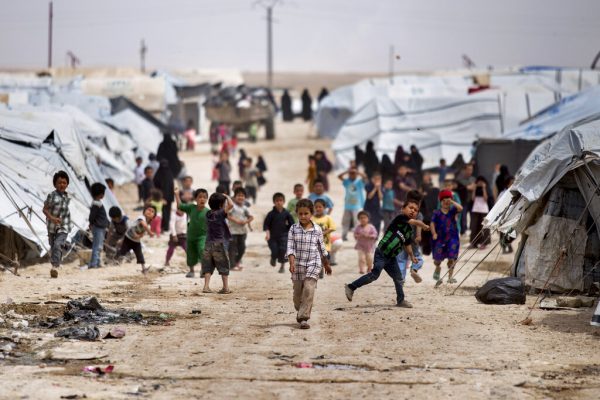
ISLAMABAD: The report titled, Annual Status of Education Report (ASER) Pakistan, 2021 which is the largest annual citizen-led household survey, was launched here in Islamabad on Thursday. It pointed out that no serious improvement was noted during the survey and results of the year 2019 and 2021 are almost the same.
Student competencies in learning language and arithmetic have declined as only 55pc of children from grade 5 could read a story in Urdu, Sindhi or Pashto as compared to 59pc in 2019, the report stated, adding that only 56pc of the surveyed students could read sentences in English while 55pc could do digit division.
The report concluded that enrollment and school preparedness figures have indicated some troublesome aspects of the Covid-19 pandemic.
“Additionally, the low enrolment districts in all provinces—also highlighted in some of the latest sector plans—should be targeted for increased enrolment. However, this provides limited data on early learning in Pakistan, and particularly with regards to out-of-school children, transition rates, gender, and specific learning environments. To inform better policy, there is a need to collect data and figures on these themes,” read the report.
According to organisers, ASER Pakistan is a flagship programme of Idara-i-Taleem-o-Aagahi (ITA) implemented in partnership with 20 civil society organisations and National Commission for Human Development (NCHD). For the year 2021, the ASER rural survey assessed 212,105 children (five-16).
The report has also highlighted the progress and challenges in the implementation of Article 25-A of the Constitution of Pakistan, which suggests education for all.
In 2021, 19 percent of children were reported to be out-of-school and this number increased as compared to 2019 (17pc). About 81pc of all school-aged children within the age bracket of 6-16 years were enrolled in schools, it added.
Amongst these, 81pc (77pc in 2019) of the children were enrolled in government schools whereas 19pc (23pc in 2019) were stated to be going to non-state institutions (18pc private schools, 1pc in seminaries). The share of children going to private schools has dropped by 4pc compared to 2019.
Early childhood education (ECE) has been historically tracked by ASER Pakistan. From 2014 when ECE enrolment stood at 39pc, a marginal decline (38pc in 2021) has been seen. Although ECE is critical for foundational learning readiness in literacy and numeracy, it remains to be largely ignored as a holistic sub-sector addressing the physical, socio-emotional and cognitive domains.






